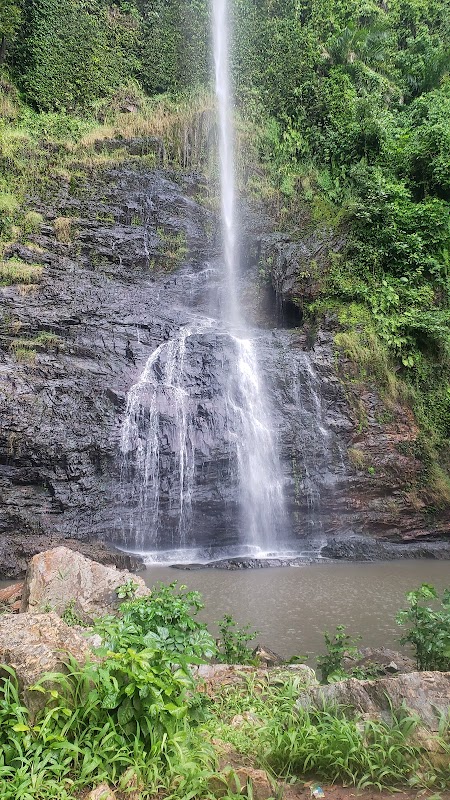
Omu-Aran Forest Reserve Adventures
Omu-Aran Forest Reserve is a protected forest area in Kwara State, Nigeria, known for its rich biodiversity and opportunities for hiking, wildlife observation, and botanical study.
About Omu-Aran Forest Reserve

Omu-Aran Forest Reserve is a significant conservation area located near the town of Omu-Aran in Kwara State, Nigeria. This forest reserve covers a substantial tract of tropical rainforest, characterized by dense vegetation and a variety of tree species typical of the Guinea savanna and forest transition zone. The reserve plays an important role in preserving local flora and fauna, including several species of birds, mammals, and reptiles native to West Africa. Historically, the forest has been important for local communities both as a source of natural resources and as part of their cultural heritage. Visitors to the reserve can engage in hiking and nature walks along informal trails that offer a chance to experience the forest's rich ecosystem. The reserve is especially appealing to bird watchers and botanists due to its biodiversity and variety of plant species. While not heavily developed for tourism, those who explore Omu-Aran Forest Reserve enjoy a quiet natural setting with minimal human disturbance. The area also serves as a critical watershed for surrounding communities, contributing to environmental sustainability in the region. Local guides can enhance the visitor experience by providing insights into the forest's plants, animals, and its role in traditional practices. Although basic, the reserve offers a rewarding destination for outdoor enthusiasts who appreciate natural forests and ecological preservation in Nigeria.
Highlights
Diverse tropical flora with large hardwood trees
Habitat for various bird species including forest dwellers
Nearby town of Omu-Aran offering cultural insights and hospitality
Important watershed and natural resource for local communities
Notable Natural Features
Tropical Rainforest Habitat
Home to a variety of native African tree species and understory plants supporting a complex ecosystem.
Local Fauna
The reserve shelters numerous birds and small mammals typical of the region’s forest environment.
Proximity to Omu-Aran Town
Provides access to cultural experiences and local markets close to the forest boundary.
